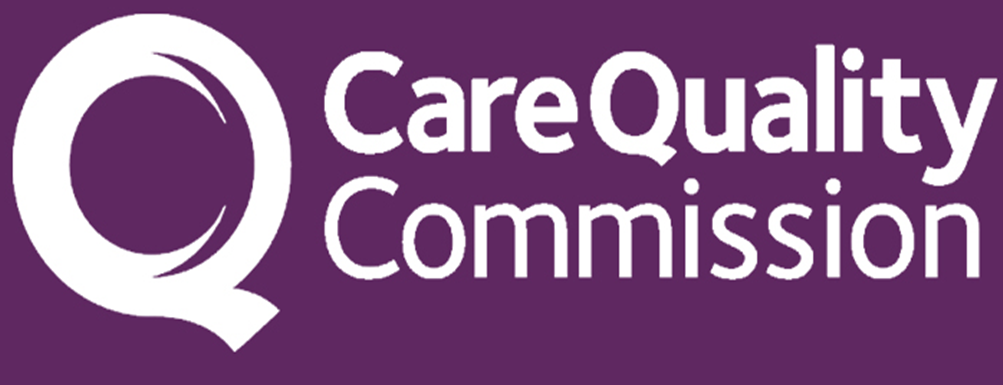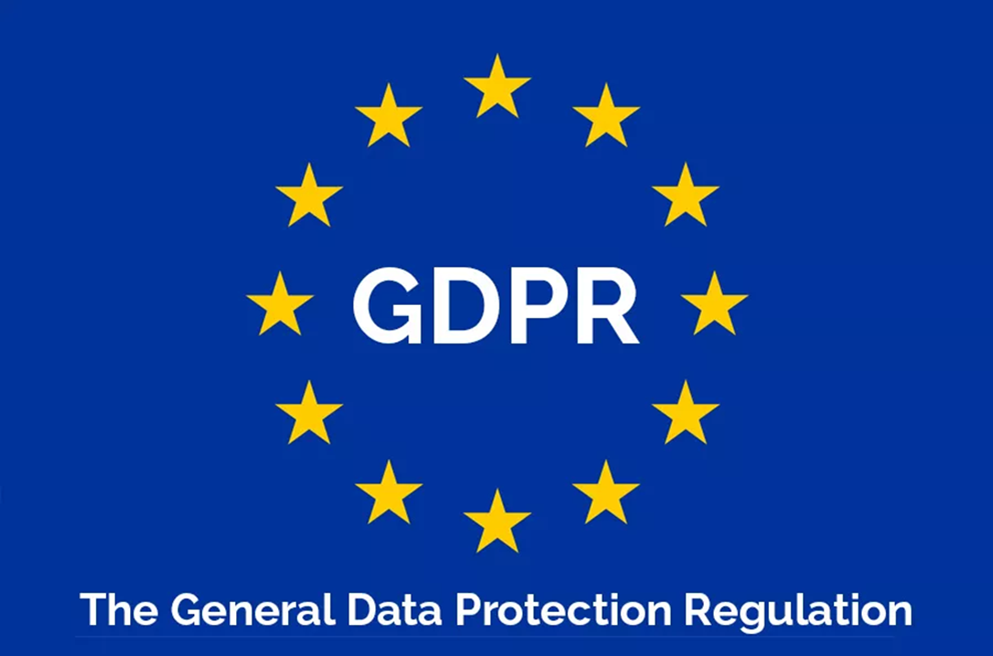What is Whistleblowing?

Whistleblowing is the reporting of unsafe or illegal practices in the workplace. You have a responsibility to report things that are illegal or not right.
Policies & Procedures in Respect to Whistleblowing

Every organisation must have a whistleblowing policy. Speak to your manager first, but if this is not appropriate then seek support from a senior person or outside your organisation i.e. CQC, Union Representative, or the local police.
Contacting The CQC

If you raise a concern with the CQC the information you will give them will be dealt with in confidence, and you can raise concerns anonymously. The CQC have a quick guide to whistleblowing or guidance for workers that gives helpful advice on speaking out about poor care and what protection you will have from the law.
Information Sharing

- Sharing of information: Good record keeping is a vital part of good practice. You should be given clear direction as to what information should be recorded and in what format.
- It is important that abuse is dealt with quickly and efficiently. It is important that the matter is taken further if management has failed to deal with.
The Role of SAB’s in Relation to Confidentiality

The Safeguarding Adults Board should draw up a common agreement relating to confidentiality and setting out the principles governing the sharing of information based on the welfare of the adult or of other potentially affected adults.
GDPR Principles

Any agreement should be in line with the General Data Protection Regulation (GDPR) 2016 principles ensuring that:
- Information will only be shared on a need-to-know basis when it is in the interests of the adult.
- Confidentiality must not be confused with secrecy Informed consent should be obtained but, if this is not possible and other adults are at risk of abuse or neglect, it may be necessary to override the requirements.
Dealing With Adults Who Decline Consent

Where an adult has refused to consent to information being disclosed for these purposes, then the relevant workers must consider whether there is an overriding public interest that would justify information sharing and wherever possible, the appropriate ‘Caldicott Gurdian’ should be involved.
Who is a Caldicott Guardian?

This is a nominated senior person responsible for protecting the confidentiality of an individual’s information and enabling appropriate information sharing.
Decisions about who needs to know and what needs to be known should be taken on a case-by-case basis, and take into account an organisation’s policies and the constraints of the legal framework.
